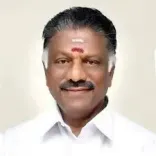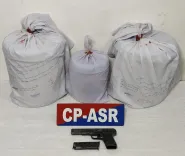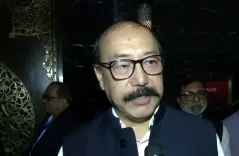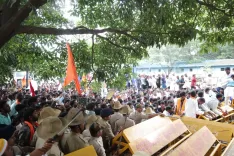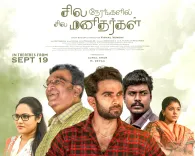Symbol of Unity and Brotherhood: Naqvi Highlights PM Modi's Chadar Tradition at Ajmer Sharif Dargah
New Delhi, Jan 2 (NationPress) BJP leader Mukhtar Abbas Naqvi highlighted Prime Minister Narendra Modi's initiatives to foster peace, unity, harmony, and brotherhood across the nation through the tradition of sending a chadar to Ajmer Sharif.
Since 2014, PM Modi has consistently dispatched a chadar to the Ajmer Sharif Dargah.
Naqvi stated, "Along with the chadar, the Prime Minister sends a profound message of peace, harmony, and brotherhood throughout the country. It brings me great joy to have personally delivered the chadar to Ajmer approximately nine times. This time, a minister will stand in for the PM in presenting the chadar, which is a commendable gesture."
In response to AAP National Convenor Arvind Kejriwal's letter to RSS chief Mohan Bhagwat, Naqvi remarked, "With the Delhi elections nearing, Kejriwal's promise machine is back in action. His pledges may be worth crores, yet his performance remains superficial. His decade-long rule in Delhi has been characterized by empty promises. He seems to be a hero in commitments but a zero in execution. This letter, filled with negativity, won't lead to any solutions."
Regarding Chief Minister Pushkar Singh Dhami's remarks about the potential implementation of the Uniform Civil Code (UCC) in Uttarakhand, Naqvi articulated, "The UCC is a constitutional obligation for any Government of India. The BJP has always upheld the concept of a Common Civil Code, both in and out of power. The enactment of a uniform law is essential for a cohesive society and aligns with the constitutional mandate. It will not infringe upon religious beliefs but will provide a fair framework for the 1.4 billion citizens of India."
Naqvi also addressed Switzerland's decision to prohibit burqas starting January 1, 2025. He noted, "Every nation has its own regulations, systems, and security concerns. Such decisions should not be interpreted through a religious lens but viewed as part of a country's internal policies and priorities. Each nation enacts such measures in accordance with its unique societal context."

